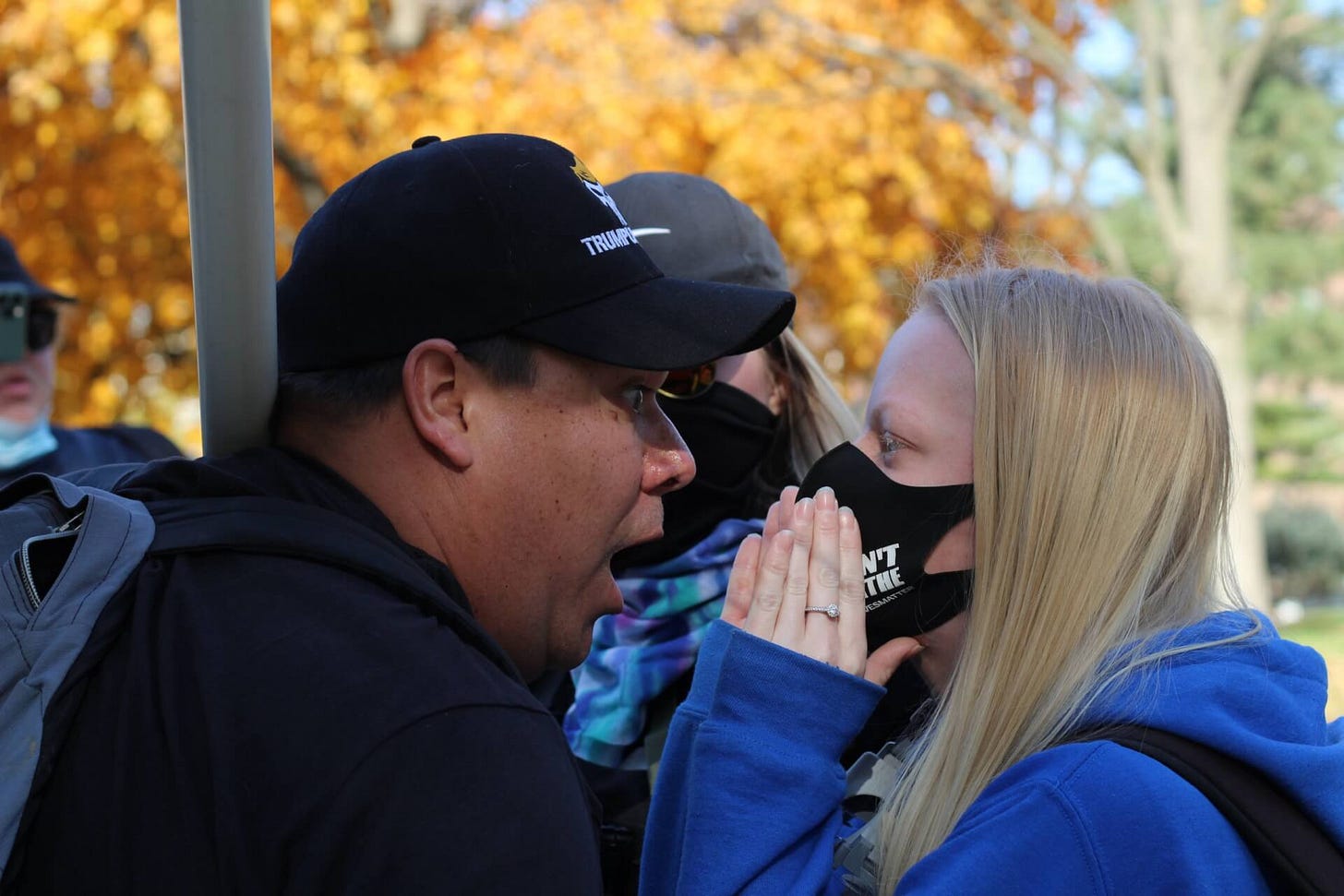We Need to Talk Like Humans Again
How local citizen councils — and Sez Us — can help us escape the binary trap.

We’re living in a time of constant digital noise — and constant division. Everything is framed in extremes: like or dislike, Red or Blue, follow or block. Political discussion has collapsed int…



